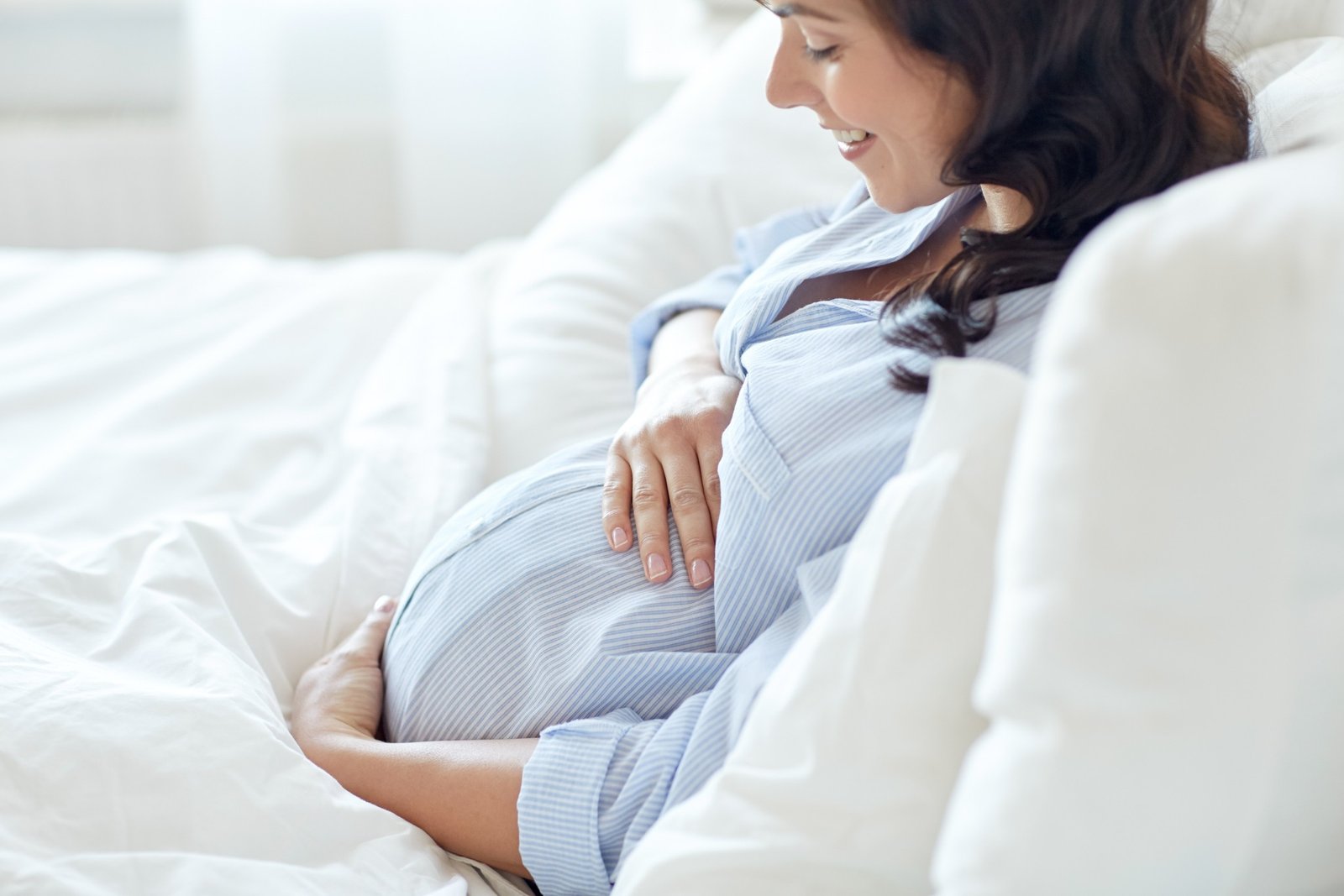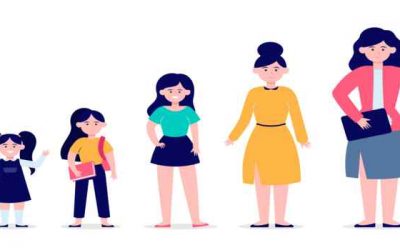
Gunjan IVF World – Best IVF Centre shares fertility facts to empower men and women
More & more couples today are facing problems conceiving naturally. Yes, you heard it right. Infertility is not just related to advanced age or delayed family planning. Couples as young as 20s and early 30s are facing issues getting pregnant on their own.
In an attempt to inform and educate couples, Gunjan IVF World – Best IVF Centre is sharing this informative blog to bring forth important information about the human body, the reproductive system, and fertility in general. The initiative is part of the clinic’s efforts to empower Indian couples, especially those who are struggling with conceiving and considering meeting an IVF specialist.
“We aim to share some facts that would help raise awareness about reproductive health as well as empower and educate not just women but men as well. We also hope that this would help young couples specifically in their decision concerning delayed pregnancy by informing them how their body works and options that they may find useful later on,” Dr. Gunjan Gupta, IVF Specialist Ghaziabad, Gunjan IVF Clinics
According to the renowned IVF center in Ghaziabad, the first thing women should know is that they were born with all the eggs they are going to have in a lifetime. Fertility declines remarkably from age 35. By the time they are 37 years old, 90 percent of their eggs are gone. Similarly, in men, they produce sperm all their life, but the sperm quality declines with age too. So, fertility gets impacted both for men & women.
A man may ejaculate 40 to 50 million sperm to fertilise an egg. Whereas a woman produces one egg in a month, which means she ovulates around 500 eggs in her whole lifetime.
Given this reality, IVF specialists at Gunjan IVF World believe that it is best to try conceiving sooner rather than later. Women younger than 30 have about a 20 percent chance of getting pregnant every month, but this drops to about 5 percent at age 40. Also, when the male partner is over 45, there is an increased risk of miscarriage or abnormalities in the baby.
When they are ready to have a baby, women and men should aim to be as healthy as possible. Adopting a healthy lifestyle – that is, being fit, limiting caffeine intake, avoiding tobacco, and engaging in a regular exercise – increases the chance of conception. Having an active and healthy lifestyle is also critical to the long-term health of the baby.
“It is important to note as well that pregnancy is only possible during the fertility window phase. This phase occurs five days before ovulation through to the day of ovulation,” says Dr. Gunjan Gupta, IVF Specialist of Best IVF Center – Gunjan IVF World.
It is also advised to consult an IVF specialist if any of these conditions exist:
- Polycystic Ovary Syndrome (PCOS)
- Endometriosis
- Irregular menstrual cycle
- Any Sexually Transmitted Diseases (STDs)
- Sperm issues
- Any known genetic factors
It is important to note that most people get pregnant within a year of trying. If a couple has been trying for 7-8 months or more (six months if a woman is older than 35) without success, then it is time to consult an IVF specialist about a possible fertility condition.
Gunjan IVF World is the Best IVF Centre in Delhi and manages state-of-the-art clinics in Indirapuram, Janakpuri, Meerut and Noida (commencing soon). The IVF Clinic hosts some of the most advanced technologies inhouse and has a take home baby rate of 90%. The leading IVF Centre and in fact the chain also is home of some of the best IVF specialists, embryologists and clinical staff who come together to make your dream of your own baby a reality.
20+ Years Of Experience as Fertility Specialists
20 Years Of Experience as a Fertility Specialists
National Fertility Awards 2023
Call Us
+919990044555
Book An Appointment
Follow Us On
Related Blogs
Why is Nutrition Important During Adolescence?
Teenage years are one of the most exciting moments in life. During teenage, a body undergoes hormonal changes, weight gain or loss, growth, and physical changes.
What is the Difference Between Puberty and Adolescence?
Both puberty and adolescence are linked to one another. They depend on how these changes occur at this stage of life. Puberty and adolescence are closely associated with one another, but they are not the same thing.
Follow Us On
About Author





